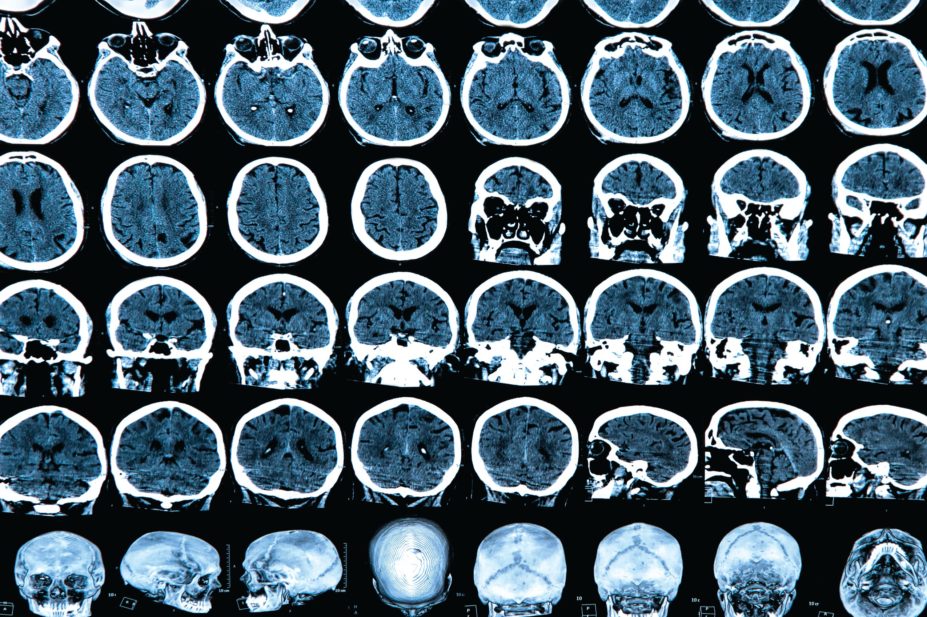
Shutterstock.com
Guidelines recommend that major depressive disorder should be treated initially with either an antidepressant drug or evidence-based psychotherapy. Researchers have discovered that brain scans could indicate which treatment is best.
The PReDICT study randomly assigned previously untreated adults to 12 weeks of treatment with antidepressants (either escitalopram or duloxetine), or cognitive behavioural therapy (CBT). The patients underwent a functional MRI brain scan before treatment, which was analysed to assess whether treatment outcome was linked to brain activity.
The researchers found that patients with higher levels of connectivity between four brain regions involved in mood regulation were likely to achieve remission with CBT but have a poor response to medication, whereas those with weaker connectivity were more likely to remit using medication and not respond to CBT.
Reporting in The
American Journal of Psychiatry
[1]
(online, 24 March 2017), the researchers conclude that neuroimaging may have an important role in the application of precision medicine for depression.
References
[1] Dunlop BW, Rajendra JK, Craighead E et al. Functional connectivitiy of the subcallosal cingulate cortex and differential outcomes to treatment with cognitive-behavioural therapy or antidepressant medication for major depressive disorder. Am J Psychiatry 2017;00:1–13; doi: 10.1176/appi.ajp.2016.16050518


